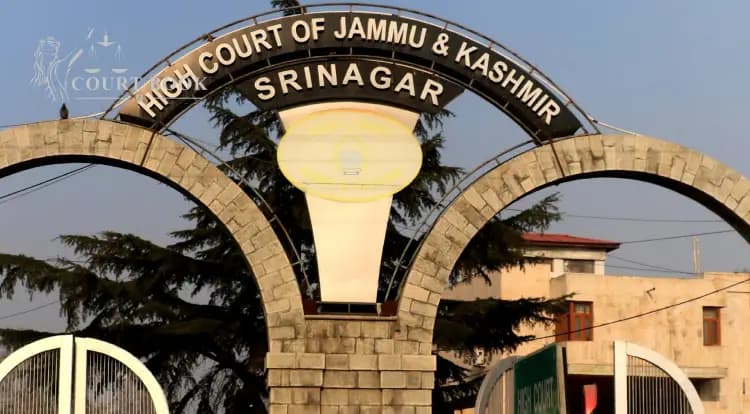The Jammu and Kashmir High Court recently made it clear that just because an accused person has secured bail, it doesn't mean he can be preventively detained. The court stated that releasing an accused on bail cannot be seen as a threat to public confidence or order.
Justice Rajesh Sekhri, who presided over the matter, emphasized:
“An accused has every right to apply for bail, and it is the duty of the prosecution to either oppose it or file for cancellation if granted. The bail process is part of the legal framework and not a reason to detain someone preventively.”
The matter reached the court after a detention order was passed under Section 3 of the Prevention of Illicit Traffic in Narcotic Drugs and Psychotropic Substances Act, 1988 (PITNDPS Act) by the Divisional Commissioner. This order directed the detention of the petitioner for a period specified by the Government or an Advisory Board.
The petitioner’s father filed the writ petition, challenging the detention of his son. He argued that the case in question involved a regular law and order issue, and not one that disturbed public order—which is a more serious matter in legal terms.
The court observed a crucial legal distinction:
“A serious law and order problem is not the same as a public order issue. For preventive detention, it must be shown that the accused’s actions disrupted the daily lives of the public, which wasn't the case here.”
Read also: J&K High Court: Officers Cannot Demand Seniority from Past Vacancies, Only Promotion Date Counts
The bench pointed out that the allegations against the detenu (accused) didn't indicate any such public disturbance. Hence, the preventive detention was not justified.
The court also criticized the vague nature of the allegations. The detaining authority labeled the accused as a “notorious drug peddler” and part of a “larger drug mafia,” but the court noted:
“These are broad and unsupported claims. If the detenu was such a chronic offender, he would have had multiple criminal cases filed against him, which wasn’t shown here.”
Due to the lack of specific details, the accused was prevented from making a proper and effective representation, which is a legal right under the Constitution.
The High Court also relied on the Supreme Court’s judgment in Banka Sneha Sheela vs. State of Telangana & Others, where it was held:
“Preventive detention cannot be used just because someone has been released on bail by a competent court.”
This precedent further supported the petitioner’s case and underlined the importance of respecting legal safeguards in such situations.
The court didn’t stop at criticizing the grounds of detention. It made a broader observation on the responsibility of the detaining authority:
“It is a constitutional obligation to provide full and clear details of all criminal activities attributed to the detenu. If these are already covered under ordinary laws, then invoking the Public Safety Act (PSA) is not necessary.”
APPEARANCE:
Ateeb Kanth, Advocate For Petitioner
Zahid Q Noor, GA For Respondents
Case-Title: Adil Hussain Mir vs UT of JK and others, 2025















